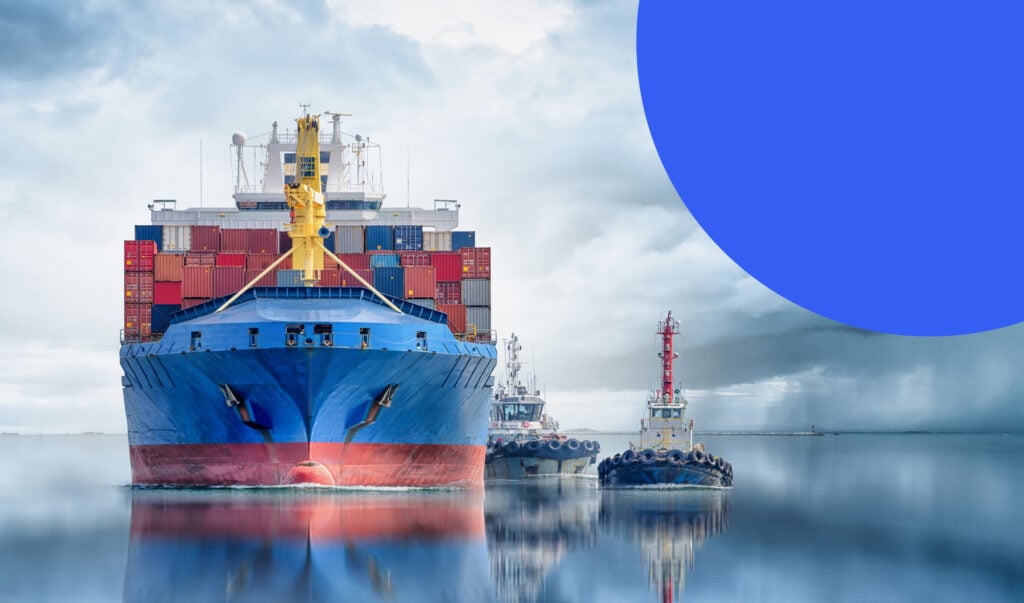立法:冲突矿产法规
它适用于谁? 总部位于欧盟的锡、钽、钨及其矿石和黄金进口商。 对企业意味着什么锡、钽和钨的欧盟进口商及其矿石和黄金区域需要报告供应链尽职调查义务。 从受冲突影响和高风险地区采购这些矿物的进口商必须提供额外的信息,例如使用了哪个矿山。 尽职调查被认为是“一个持续的、主动的和被动的过程,经济经营者 [企业] 通过该过程监控和管理他们的购买和销售,以确保它们不会造成冲突或不利影响。第三方审计和公开报告被规定为公司可以采取的行动。 地位: 自 2021 年 1 月起生效。 阅读更多
立法:禁止强迫劳动产品
2022 年 9 月,欧盟委员会提出了一项法律,禁止使用强迫劳动制造的产品进入欧盟市场。 它至少需要两年时间才能生效,还有很多我们尚不清楚,但它对企业来说可能非常重要——因此我们建议开始为此做好准备。 它将适用于谁? 欧盟 (EU) 的所有产品、行业和企业。 该立法将禁止任何由欧盟市场强迫劳动制造的产品,包括其组件——即使强迫劳动发生在欧盟以外。 这对企业意味着什么如果欧盟国家的当局怀疑使用强迫劳动来制造产品或其任何部件,他们将进行调查。 如果他们发现使用了强迫劳动,他们可以禁止和没收相关物品——给企业造成中断和经济损失。 欧盟国家也可能实施罚款或其他处罚。 地位: 草案,预计将于 2025 年或 2026 年申请。欧盟委员会的提案目前正在由其他欧盟管理机构进行审查,在最终版本签署成为法律后将有一个准备期。 阅读更多
立法:非财务报告指令
它适用于谁? 欧盟约 6,000 家大型公司和集团,包括:
- 上市公司
- 银行
- 保险公司
- 被国家当局指定为公共利益实体的其他公司。
对企业意味着什么 符合条件的公司必须发布有关其实施的与以下相关的政策的报告:
- 环保
- 社会责任和员工待遇
- 尊重人权
- 反腐败和贿赂
- 公司董事会的多样性(在年龄、性别、教育和专业背景方面)。
公司在披露方式方面具有灵活性。 他们可以使用联合国全球契约 (UNGC) 框架、OCED 指南或 ISO 26000 框架。 地位: 自 2018 年 1 月起生效。 阅读更多
立法:可持续金融披露条例
它适用于谁?
- 基金管理公司
- 资产管理公司
- 机构投资者
- 财务顾问
- 欧盟的某些其他受监管公司。
对企业意味着什么 符合条件的公司必须披露他们是否认为其投资决策和建议对环境和社会正义的负面影响。 公司必须发布一份声明,说明有关投资决策对可持续性因素的主要不利影响的尽职调查政策和相关行动。 地位: 自 2021 年 3 月起生效。 阅读更多
立法:企业可持续发展尽职调查指令
它适用于谁?
- 拥有 1,000 多名员工,全球营业额超过 4.5 亿欧元的欧盟公司。
- 每年在欧盟产生的营业额超过 4.5 亿欧元的非欧盟公司。
对企业意味着什么 该指令概述了企业对其自身运营、子公司运营和供应商运营对社会和环境影响的责任。 它规定了公司识别风险、防止其供应链和运营中的不利影响、沟通进展并在适当时提供补救措施的责任。 公司将负有法律责任,通过解决童工或强迫劳动和歧视等问题来尊重工人的权利。 一定规模的公司也必须制定一项计划,以确保其业务战略与根据《巴黎协定》将全球变暖限制在 1.5°C 相一致。 地位: 2024 年 7 月在欧盟层面采用。 欧盟国家(成员国)必须在 2026 年 7 月之前将该指令转化为国家法律,这些法律将从 2027 年 7 月开始实施。 阅读更多


